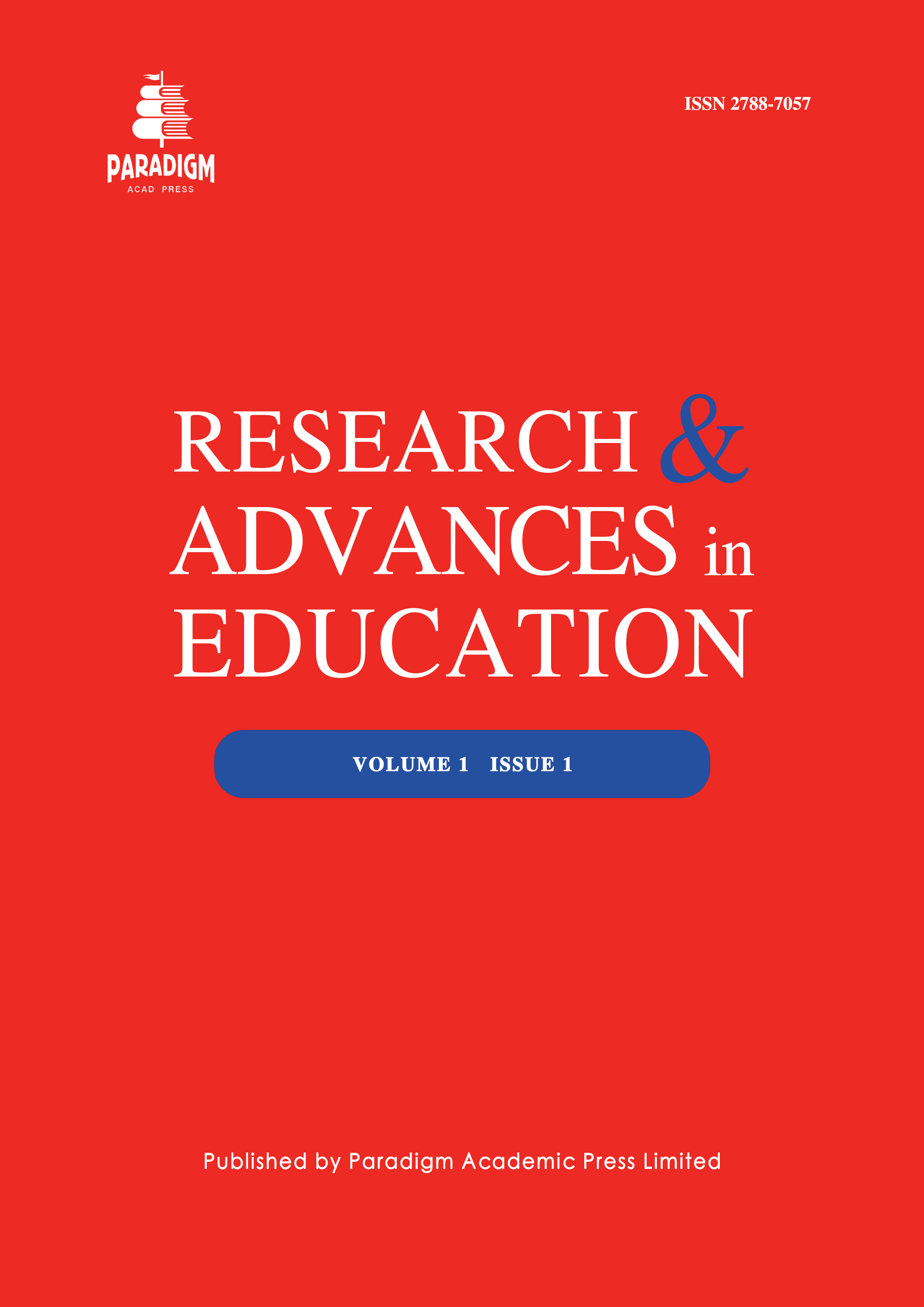Exploring the Impact of Teacher Role Changes in the Flipped Classroom Model on the Critical Thinking Abilities of University Students
Keywords:
flipped classroom model, critical thinking, higher education, teacher role changes, student engagement, collaborative learningAbstract
This study investigates the impact of teacher role changes within the flipped classroom model on the critical thinking abilities of Canadian university students. Employing a mixed-methods research design, the study combines quantitative data from pre- and post-tests using the California Critical Thinking Skills Test (CCTST) with qualitative insights from student and teacher interviews. The quantitative analysis revealed statistically significant improvements in students’ critical thinking abilities in flipped classroom settings, particularly in analysis, inference, and evaluation skills, indicating a medium to large effect size (η² = 0.111). Qualitative findings underscore the importance of increased student engagement, enhanced learning environments, the value of collaborative learning, and the pivotal role of teacher support and feedback in facilitating critical thinking development. Integrating these findings, the study offers a multifaceted view of how strategic pedagogical shifts—specifically, adopting more facilitative and supportive roles by teachers—can significantly enhance critical thinking in higher education. This research contributes to the literature on educational strategies, advocating for the broader adoption of flipped classroom models as a means to foster active, student-centered learning and critical thinking skills.


